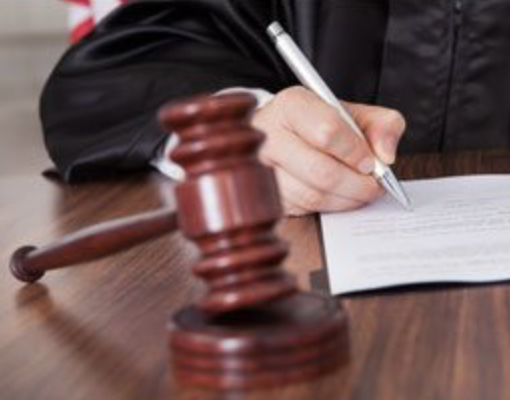The property damage and injury attorneys at Parr Richey are continuing to monitor the aftermath of the devastating fire at the plastics recycling facility in Richmond, Indiana that started on April 11, 2023 and continued for an extended period of time to cause large volumes of toxic, hazardous materials to spew into the air.

As has been widely reported, the EPA has collected samples and has found dangerous chemicals and even asbestos in debris widely distributed by the huge fire. As reported by the Associated Press (Flesher, April 14, 2023), “[m]onitors in the evacuation zone detected hydrogen cyanide, benzene, chlorine, carbon monoxide and volatile organic compounds” in the debris from this fire.
Property owners and citizens who have been or may later be affected by this preventable disaster should not delay in contacting legal counsel to help them protect their rights. In some cases, it will be critically important to document and preserve evidence, give timely notice of claims, and take other steps to make certain that victims of this fire have the best chance of securing fair and just compensation.
For updated information, the U.S. EPA has set up a website for the My Way Trading Warehouse Fire – available at this link.


